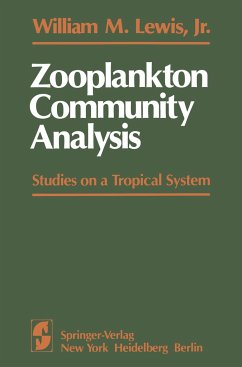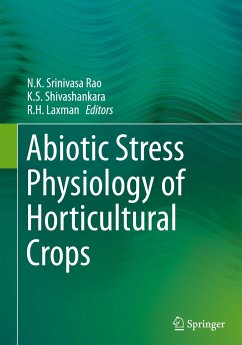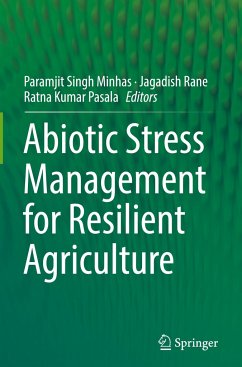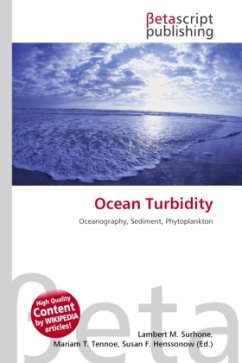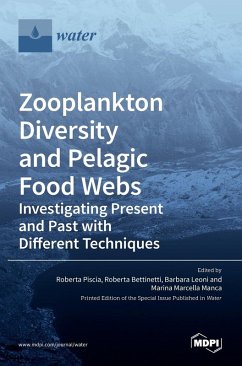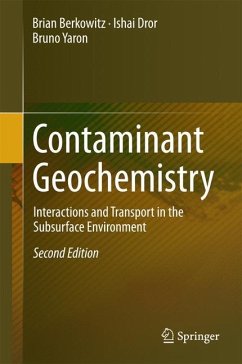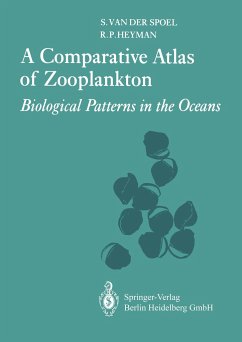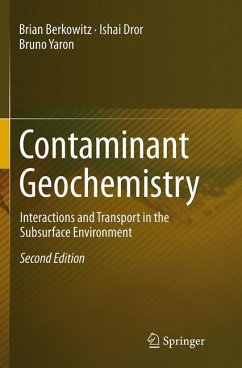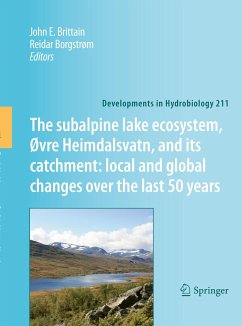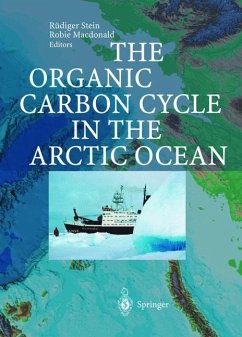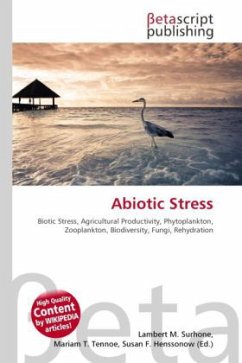
Abiotic Stress
Versandkostenfrei!
Versandfertig in 6-10 Tagen
23,99 €
inkl. MwSt.

PAYBACK Punkte
12 °P sammeln!
High Quality Content by WIKIPEDIA articles! High Quality Content by WIKIPEDIA articles! Abiotic stress is defined as the negative impact of non-living factors on the living organisms in a specific environment. The non-living variable must influence the environment beyond its normal range of variation to adversely affect the population performance or individual physiology of the organism in a significant way. Whereas a biotic stress would include such living disturbances as fungi or harmful insects, abiotic stress factors, or stressors, are naturally occurring, often intangible, factors such as...
High Quality Content by WIKIPEDIA articles! High Quality Content by WIKIPEDIA articles! Abiotic stress is defined as the negative impact of non-living factors on the living organisms in a specific environment. The non-living variable must influence the environment beyond its normal range of variation to adversely affect the population performance or individual physiology of the organism in a significant way. Whereas a biotic stress would include such living disturbances as fungi or harmful insects, abiotic stress factors, or stressors, are naturally occurring, often intangible, factors such as intense sunlight or wind that may cause harm to the plants and animals in the area affected. Abiotic stress is essentially unavoidable. Abiotic stress affects animals, but plants are especially dependent on environmental factors, so it is particularly constraining. Abiotic stress is the most harmful factor concerning the growth and productivity of crops worldwide. Research has also shown that abiotic stressors are at their most harmful when they occur together, in combinations of abiotic stress factors.



